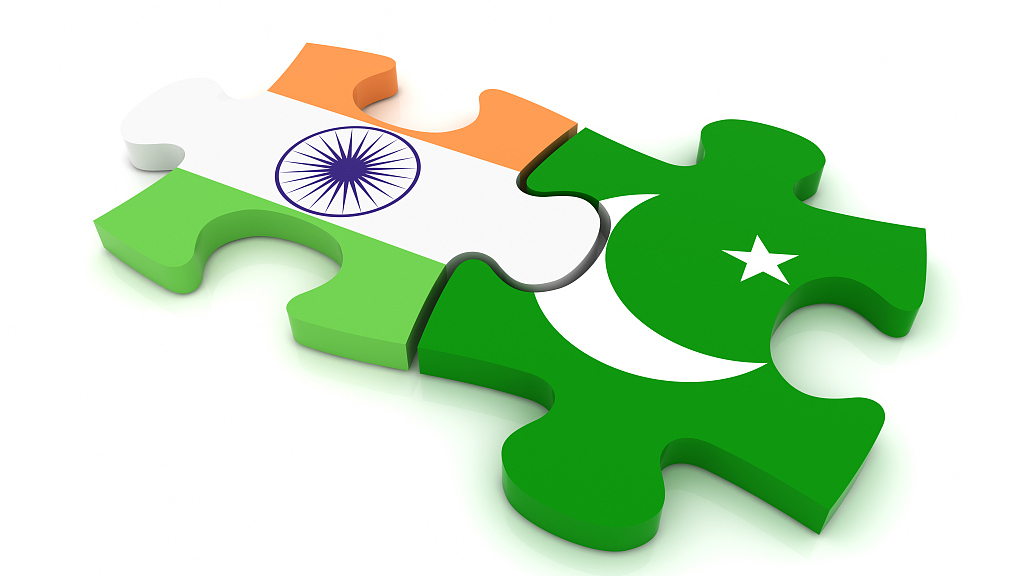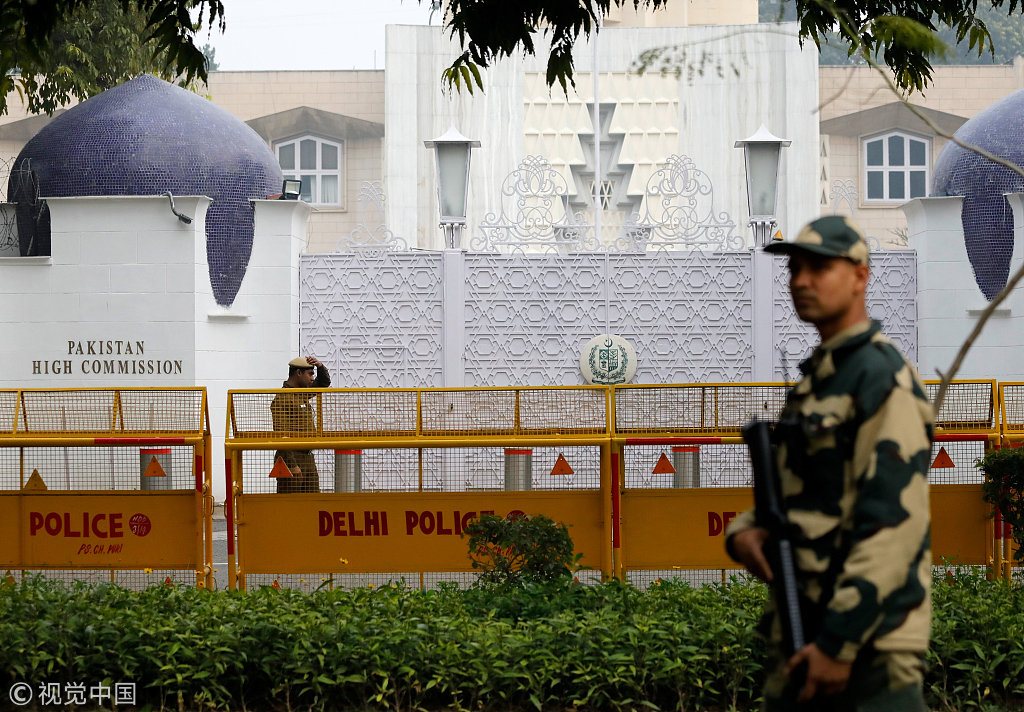
TV Show
10:21, 21-Feb-2019
What's next for India-Pakistan conflicts?
The Heat
01:42

The recent terrorist attack killed more than 40 soldiers in Kashmir, to which Indian Prime Minister Narendra Modi responded by giving "full freedom" to the use of the Indian military for revenge.
On Monday, four more Indian soldiers were killed along with three militants and two others in a gun battle that erupted during a raid on suspected militants in the same region.
As India's general election is coming up, Indian journalist Seema Sirohi points out that it is important for Modi to act on his words, who had promised to be a tough leader for the country. She believes that India has been the victim, and Pakistan is responsible for it.
Kamran Bokhari from the National Security & Foreign Policy Specialist from the University of Ottawa stated that it is still too early to point fingers before the results of the investigation are released.
"Are these command authorized attacks, or is the Pakistani Inter-Intelligence actually ordering these attacks and controlling them through centralized command? Or have these groups been given free rein and they operate on their own? That's a black box. And it's really opaque. We really don't know," said Bokhari.
He also reckoned that now Jihadist elements have taken over anything used to be called freedom, independence, self-determination.
"Pakistani strategy has really undermined any effort for self-determination. It has marginalized anybody who actually wants to do this in a constitutional way, in a mainstream way," added Bokhari.
Roby Barrett, a scholar with the Middle East Institute, argues that not only Pakistan but India is also engaging in identity politics, seen in the way that Modi got to his position – Hindu politics. Kamran agrees that "Modi is undermining the fabric of secular in India," forming a symbiotic relationship between the two countries as they use the same extremist rhetoric to blame each other.

An armed policeman stands guard outside the Pakistan High Commission in New Delhi, India, February 15, 2019. /VCG Photo
An armed policeman stands guard outside the Pakistan High Commission in New Delhi, India, February 15, 2019. /VCG Photo
Since China's Ministry of Foreign Affairs has stated that China hopes the two countries have a peaceful relationship through consultation, Zhang Song from Shanghai Wen Hui Daily agrees that China is a very good partner for India and Pakistan – the two are both in the Shanghai Cooperation Organization. Zhang reiterates that China's position is very clear and neutral: it is against all kinds of violence.
In the end, Roby concludes that regardless of the constant accusations between India and Pakistan, based on the long and complex history with lots of conflicts, "There is not a big solution."
Instead, India and Pakistan should focus more on preventing damage like this one from escalating into bigger disasters in the future.
(If you want to contribute and have specific expertise, please contact us at opinions@cgtn.com.)

SITEMAP
Copyright © 2018 CGTN. Beijing ICP prepared NO.16065310-3
Copyright © 2018 CGTN. Beijing ICP prepared NO.16065310-3